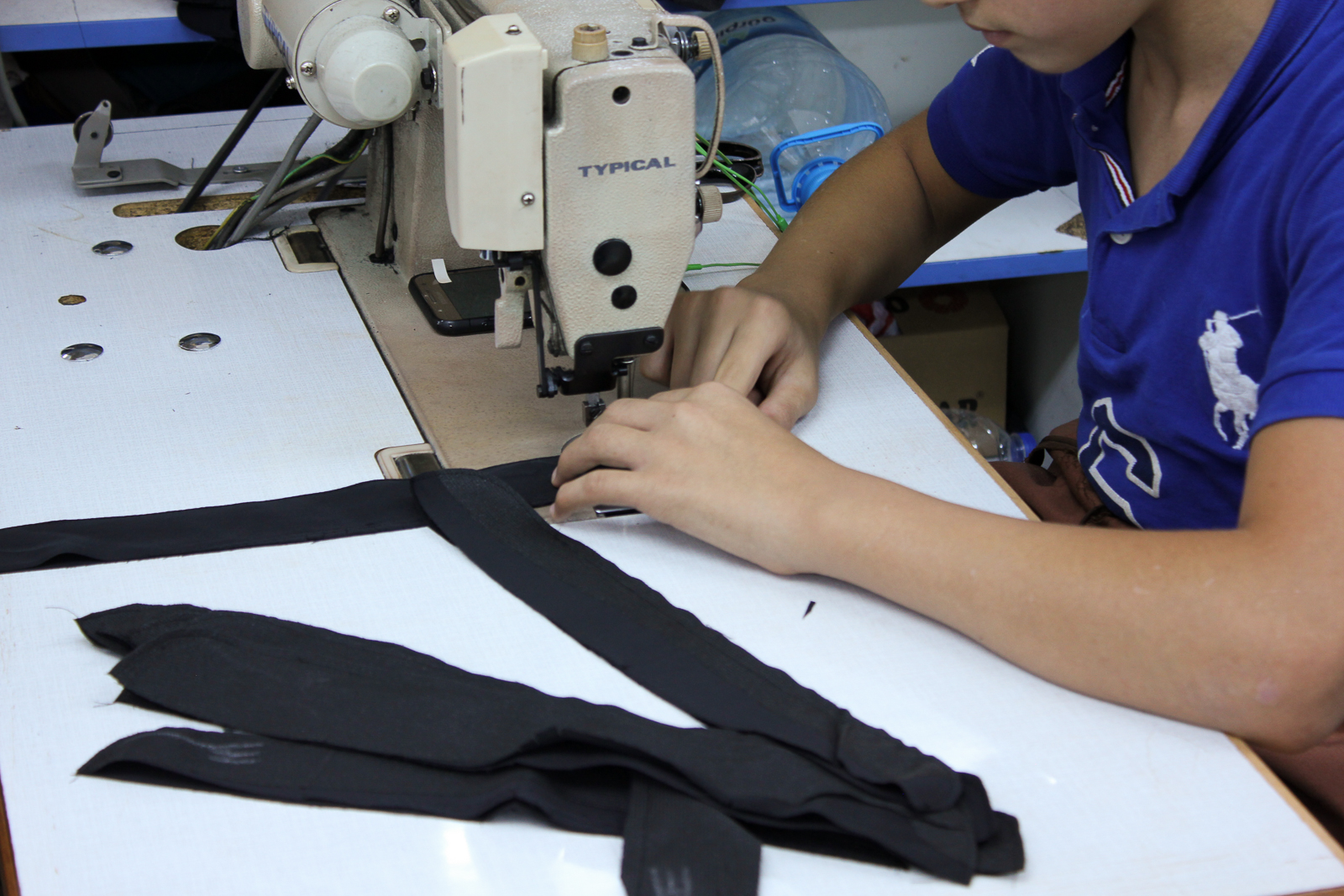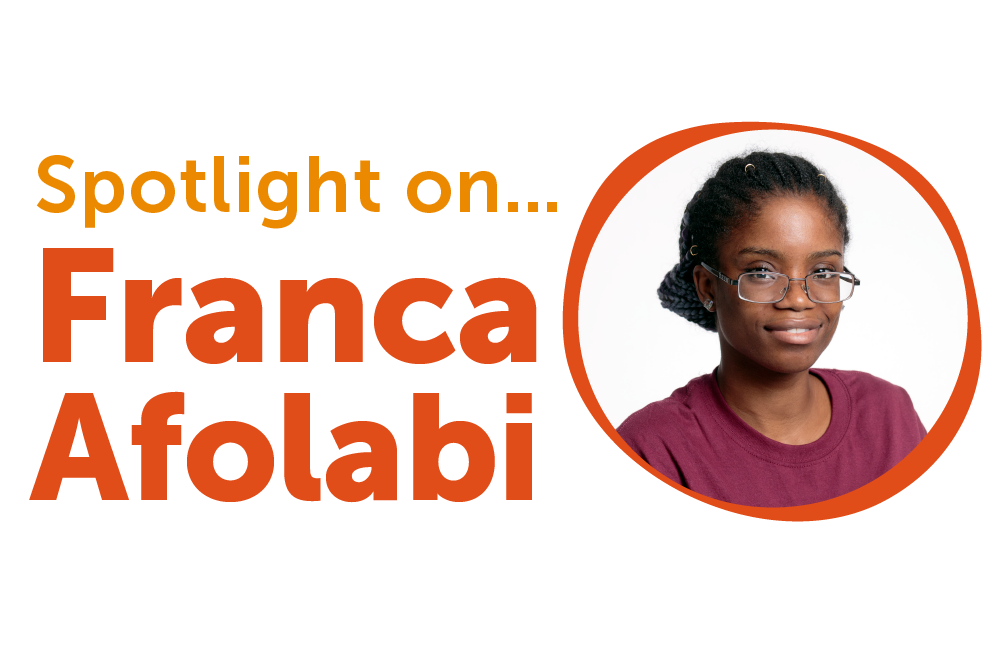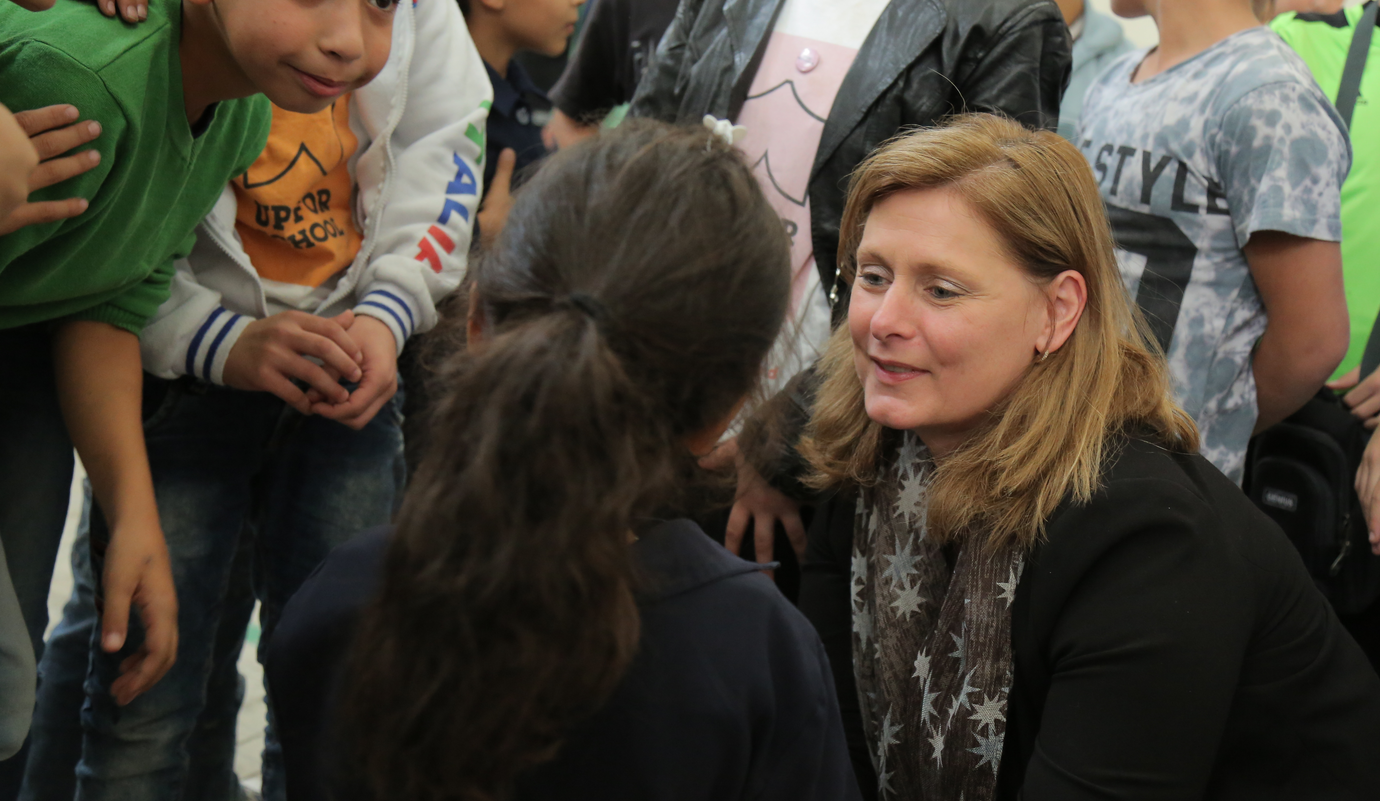
Leaders and laureates vow to tackle child exploitation and improve education
Barriers to education, Child labour, Right to education
Child rights activist and Nobel Peace Prize winner Kailash Satyarthi said he organised the summit in India because the voices of the world's most marginalised children were not being heard.
Over 200 global leaders and Nobel laureates today pledged to use their voices to protect millions of exploited children across the world and take concrete action to improve their schooling, support those living in conflict and to end child labour.
The pledge by the prominent leaders – who included former presidents and prime ministers, royalty from Jordan, the Netherlands and Monaco, heads of corporations and civil society groups and Nobel Peace Prize winners – came at the end of two-day summit on children’s rights in the Indian capital New Delhi.
“We will use our voices to protect and amplify the voices of millions of girls, boys and young people as equal citizens of today and decision makers of tomorrow,” said the declaration at the end of the conference.
“We will take actions … towards concrete efforts to ending child labour in all its forms, including the trafficking of children and abolishing modern-day slavery.”
The delegates included the Dalai Lama; East Timor’s former president and Nobel laureate Jose Ramos-Horta; former Australian premier Julia Gillard; Angel Gurria, Secretary-General of the Organisation for Economic Cooperation and Development; and Yemeni rights activist and Nobel peace laureate Tawakkol Karman.
According to the United Nations children’s agency UNICEF, many children continue to live – and die – in desperate conditions. In 2015, an estimated 5.9 million children died before reaching age five, mostly as a result of preventable and treatable diseases.
Millions more children are denied access to education simply because their parents are poor, because they are girls or because they are growing up in countries blighted by conflict such as in Syria, Yemen and Iraq.
Even though poverty is falling globally, nearly half of the world’s extreme poor are children, and poverty makes them vulnerable to exploitation, says UNICEF.
There are 168 million child labourers across the world, with more than half involved in hazardous work in sectors such as agriculture, mining, construction, manufacturing and services, says the International Labour Organization (ILO).
While many people believe slavery no longer exists in the modern age, the ILO estimates that 5.5 million of these children are enslaved – born into servitude, trafficked for sex work or trapped in debt bondage or forced labour.
Child rights activist and Nobel laureate Kailash Satyarthi said he organised the summit because the voices of world’s most marginalised children were not being heard, and that their continued suffering was unacceptable.
There would be follow-up to make sure actions promised at the gathering are delivered, said Satyarthi, and the summit would become an annual event.
“There is a moral deficient in our willingness to end violence against children, so for the first time in history some of the highest moral authorities, some of the most influential leaders and some of the most powerful voices of knowledge and wisdom of our time have assembled here,” said Satyarthi.
“This was not a traditional conference to talk and talk. I have always believed that we should not waste a single penny on a talk shop. We have to deliver something.”

More news

“Education can help to end child trafficking”
